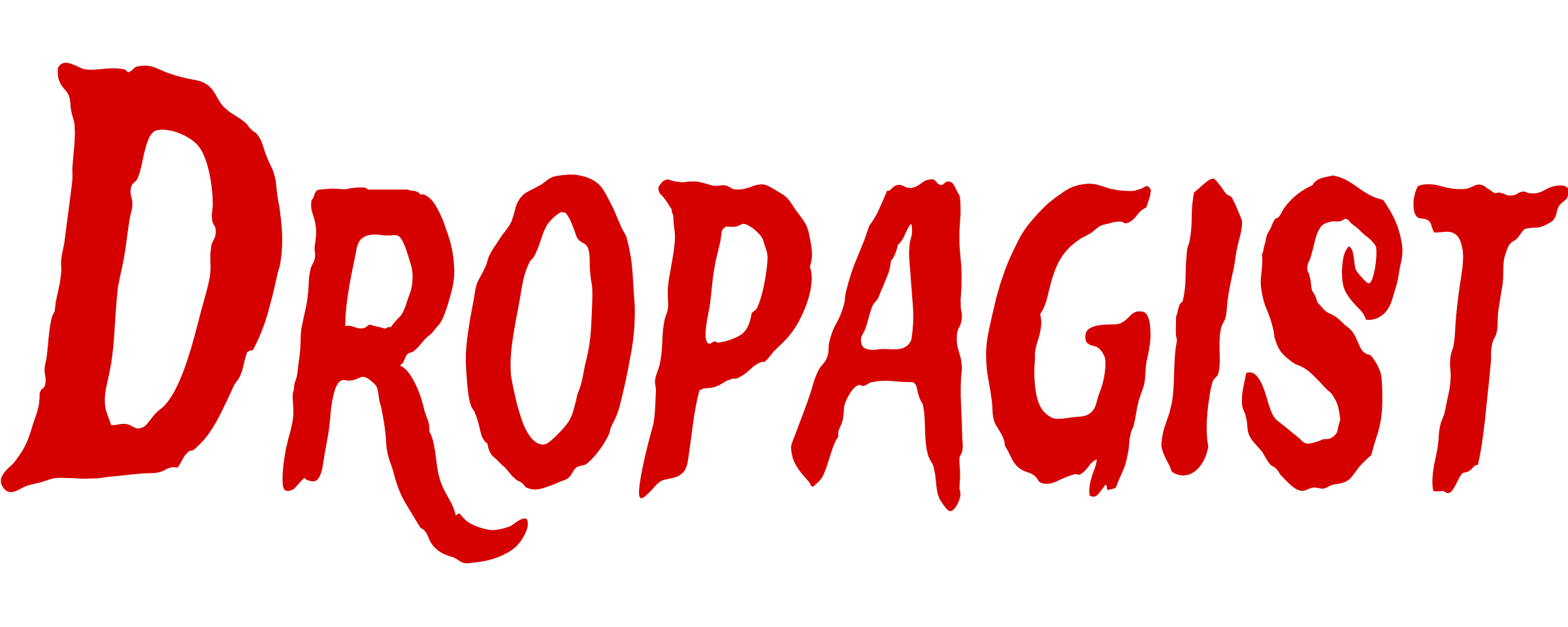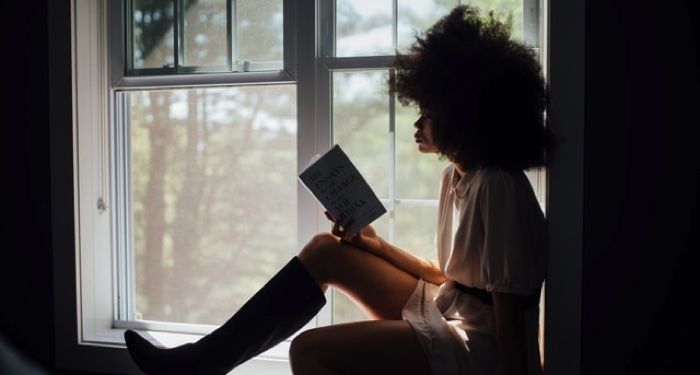Following on the heels of a lawsuit helmed by several publishers against the state of Florida for their book banning laws, today, Penguin Random House, alongside Hachette Book Group, HarperCollins Publishers, Macmillan Publishers, Simon & Schuster, and Sourcebooks have filed a lawsuit against Idaho’s House Bill 710. In addition to the slate of publisher plaintiffs, several others have joined in the complaint, including the Authors Guild; bestselling authors Malinda Lo, David Levithan, and Dashka Slater; the Donnelly Public Library District; a teacher; two students; and two parents.
The lawsuit specifically targets the book removal provisions of HB 710.
Idaho’s HB 710 allows parents or guardians to lodge complaints against materials they deem inappropriate for minors. Once a complaint has been filed, public and school libraries have 60 days to relocate the material to a section that is only accessible to adults. If they do not comply, those parents or guardians can receive $250 in statutory damages from the library in question, alongside other financial relief for damages.
News about the realities of HB 710 first hit last summer, as Donnelley Public Library announced that they might need to make their entire facility adults only, as they are too small a space to accommodate potential challenges per the law. Residents in and beyond Idaho began to discover that spaces where once they could roam freely were changing; Idaho Falls Public Library, for example, installed new signage indicating that certain areas of the library would be inaccessible for anyone under 18 unless they were accompanied by–and had explicit permission from–a parent or guardian.
“Libraries should be for everyone. We foster learning, provide resources, inspire creativity, and support our patrons,” said Sherry Scheline, Director, Donnelly Public Library, in a press release about the lawsuit in which her library is a plaintiff. “As a result of HB 710, our programming—which includes the only option for after-school care in Donnelly—has been severely impacted, with children unable to step inside the building to use the bathroom or keep warm without a complex waiver. Our circulation has also declined significantly. In essence, it has become impossible to fulfill our purpose of serving the Donnelly community.”
Last month, the Community Library Network in Kootenai County began to make changes to their libraries, including creating an adults-only room in one of their branch libraries, removal over 140 books from shelves “for review,” and limits on the content that would be permitted for future acquisition for anyone under the age of 18.
HB 710 makes zero distinction between babies and 17 year olds, meaning that books are simply classified as harmful for minors. It does not bother considering that the intellectual capacity and needs of a three-year-old differ from those of a 16-year-old. This has led to adult fiction–including classics–and adult nonfiction–often used for research papers and general educational purposes–to be banned for high schoolers.
“Idaho 710 goes even further than previous laws by removing classic books from public libraries in addition to schools,” said Dan Novack, VP, Associate General Counsel at Penguin Random House in a press release.
The lawsuit notes that the provisions of HB 710 violate both the First and Fourteenth Amendment Rights of citizens to access materials through threatening legal punishment toward libraries which purchase and circulate those materials.
“Make no mistake, book bans are real and their damage is profound,” added Novack. “We are honored to support the brave Idahoans challenging this dangerous law. This is the third state-level challenge our publisher-led coalition has filed, demonstrating our shared commitment to protecting the First Amendment rights of authors, educators, readers, and all Americans.”
It is likely this lawsuit will take some time to work its way through the court systems, but that it has come is welcome news. Even as we stare down the realities of which anti-censorship activists have been warning about for nearly half a decade–library closures, removal of access to a significant swath of material for anyone under the age of 18, and prosecution of professionals doing their jobs as library workers–lawsuits like this will have pave a legal precedent for moving forward and protecting these democratic institutions.




)


)

 English (US) ·
English (US) ·